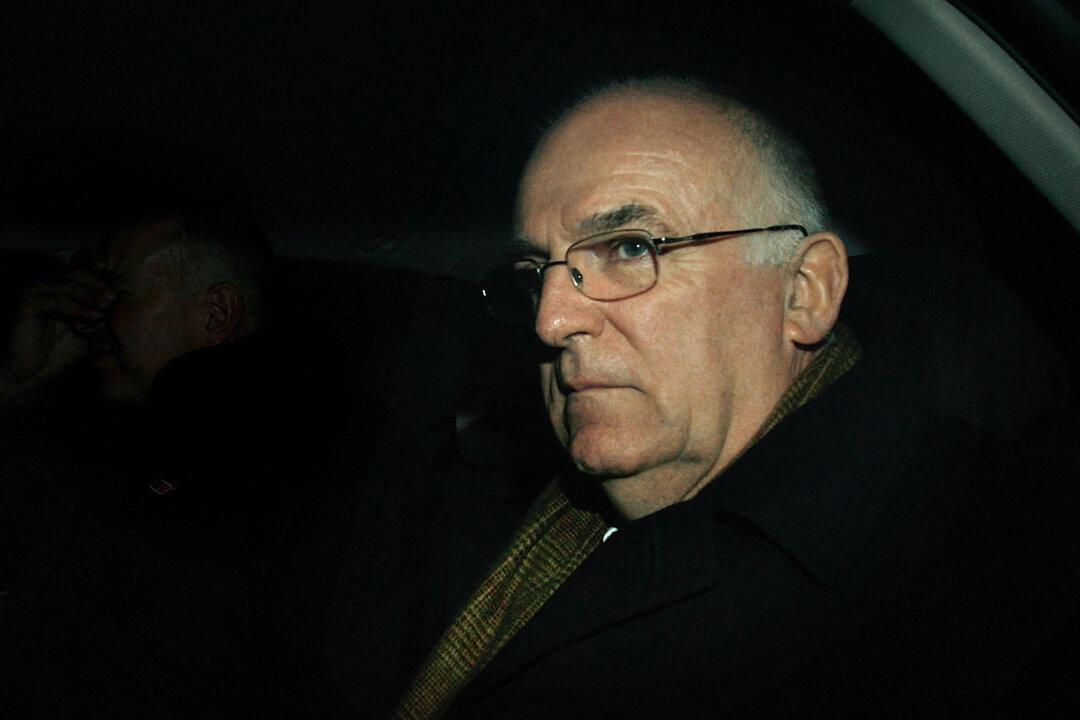News Analysis
President Donald Trump last week received phone calls from two allies saying, “Please, can we talk.” Those “allies” were almost certainly the UK and Australia.

President Donald Trump last week received phone calls from two allies saying, “Please, can we talk.” Those “allies” were almost certainly the UK and Australia.